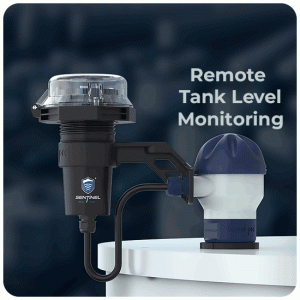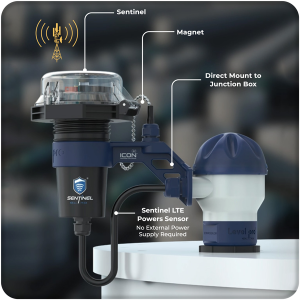Everything You Need To Know About Spill Prevention -Tank Level Alarm

Spill prevention is an important aspect of handling and storing chemical liquids, as spills can have serious consequences for the environment, human health, and the operation of the facility. The following are some key elements to consider when implementing spill prevention measures:
- Storage and handling: Proper storage and handling of chemical liquids can greatly reduce the risk of spills. This includes using appropriate containers and storage facilities, such as double-walled tanks or secondary containment systems, and ensuring that the containers are in good condition and that they are properly labeled and secured. Additionally, proper handling techniques, such as using appropriate personal protective equipment (PPE) and following proper lifting techniques, can reduce the risk of spills.
- Tank level monitoring: Monitoring the level of liquid in tanks and other storage containers can help to prevent spills caused by overfilling. This can be accomplished by using a high-level alarm system, which can automatically shut off the flow of liquid into the tank when the level reaches a certain point.
- Emergency response plans: Having a well-trained emergency response team and an emergency response plan in place can help to minimize the impact of spills when they do occur. This includes having appropriate equipment and materials on hand to contain and clean up spills, as well as procedures for notifying emergency responders and the public in the event of a spill.
- Regular inspections and maintenance: Regular inspections and maintenance of storage facilities, tanks, and equipment can help to identify and correct any potential issues that could lead to spills. This includes checking for leaks, cracks, or other signs of wear and tear, and ensuring that all equipment and systems are in proper working order.
- Employee training: Proper employee training is crucial for preventing spills. This includes training on proper handling and storage procedures, emergency response procedures, and the proper use of PPE.
- Compliance with regulations: Spill prevention measures must comply with local, state, and federal regulations. This includes obtaining necessary permits and certifications, as well as adhering to any specific regulations related to the handling and storage of the chemical liquids.
In summary, spill prevention is an essential aspect of handling and storing chemical liquids, it includes proper storage and handling, tank level monitoring, emergency response plans, regular inspections and maintenance, employee training and compliance with regulations. A combination of these measures can greatly reduce the risk of spills and minimize the impact when they do occur.
Learn more about tank level sensors
Learn more about tank level alarms
Please contact us to discuss your application


